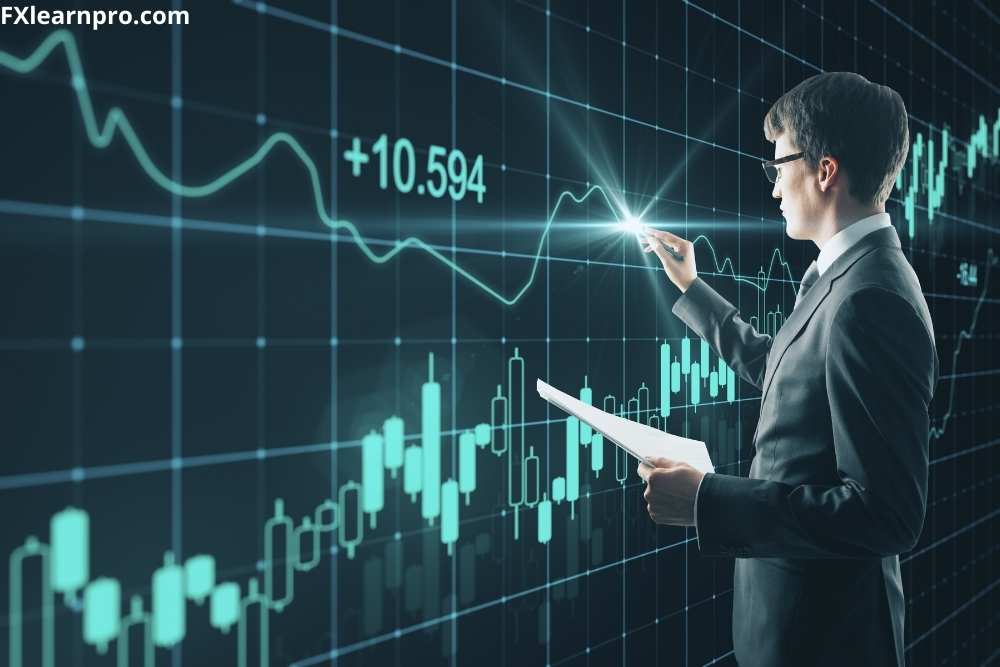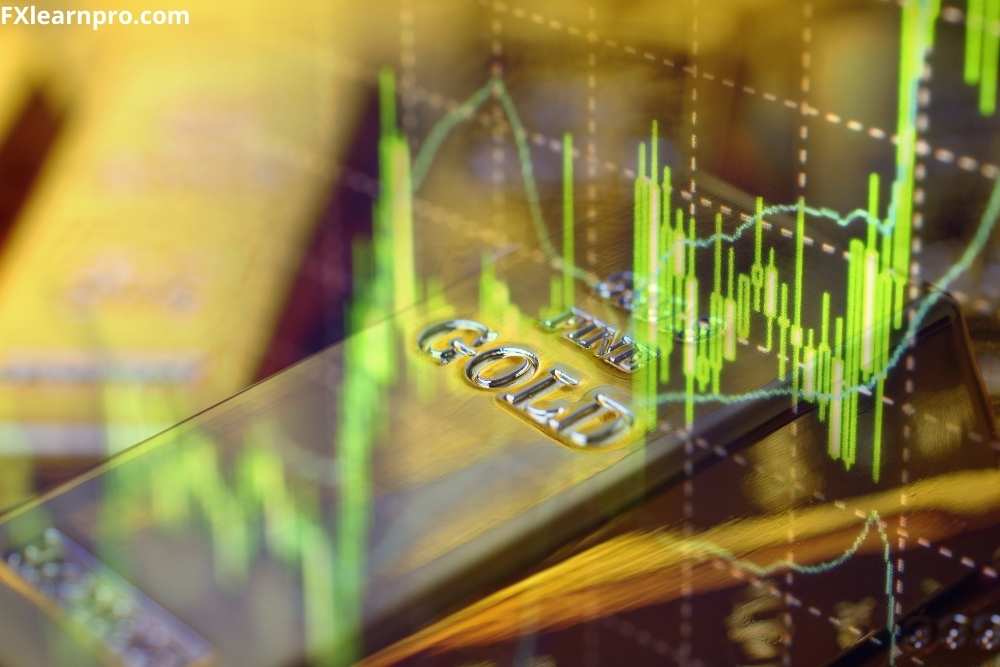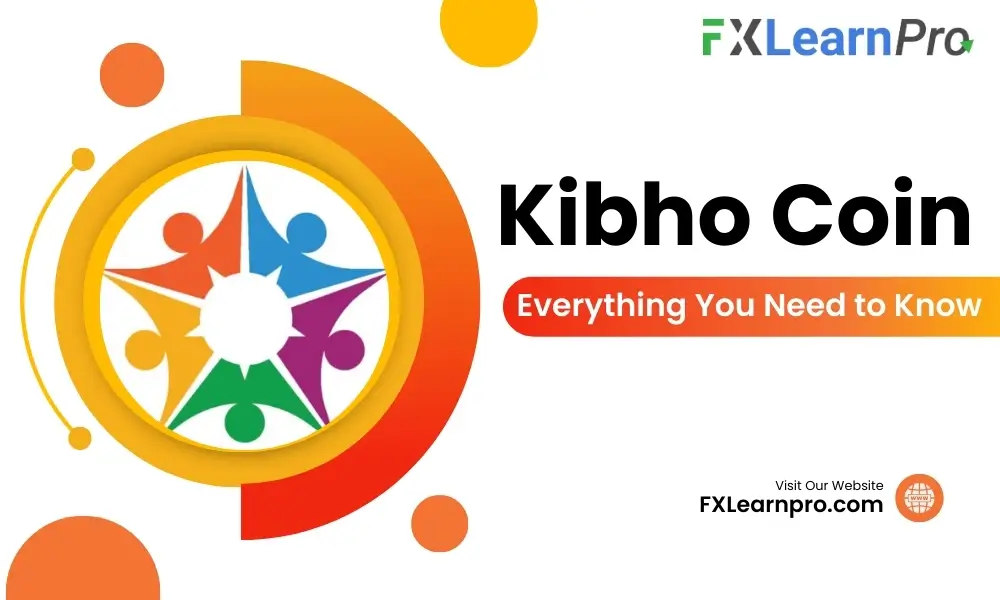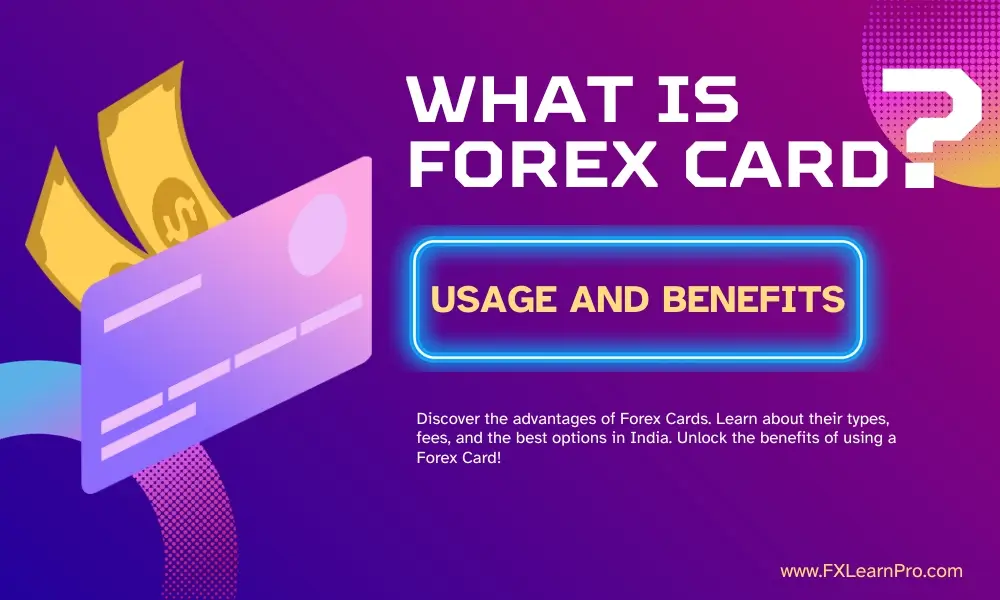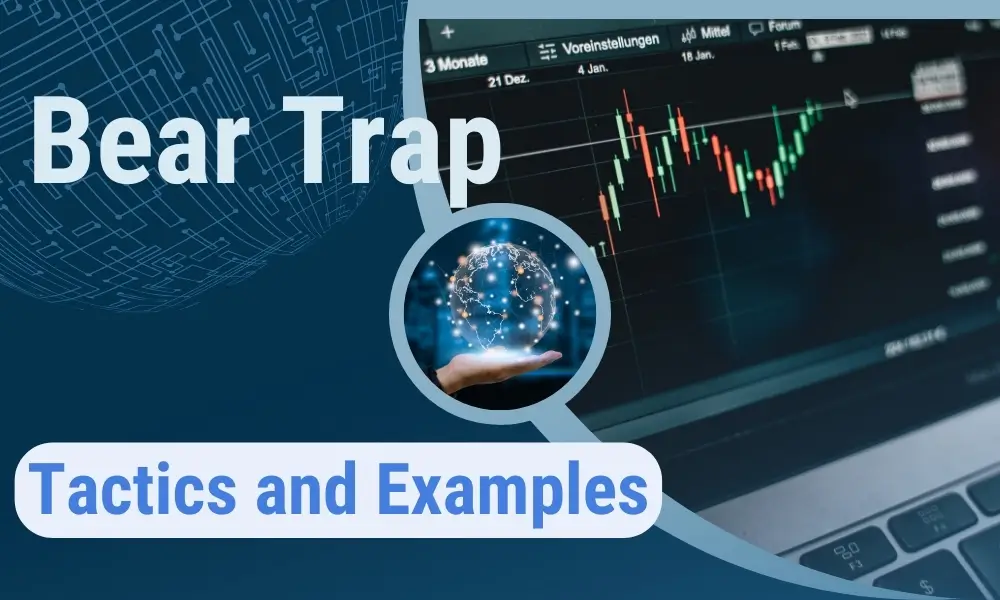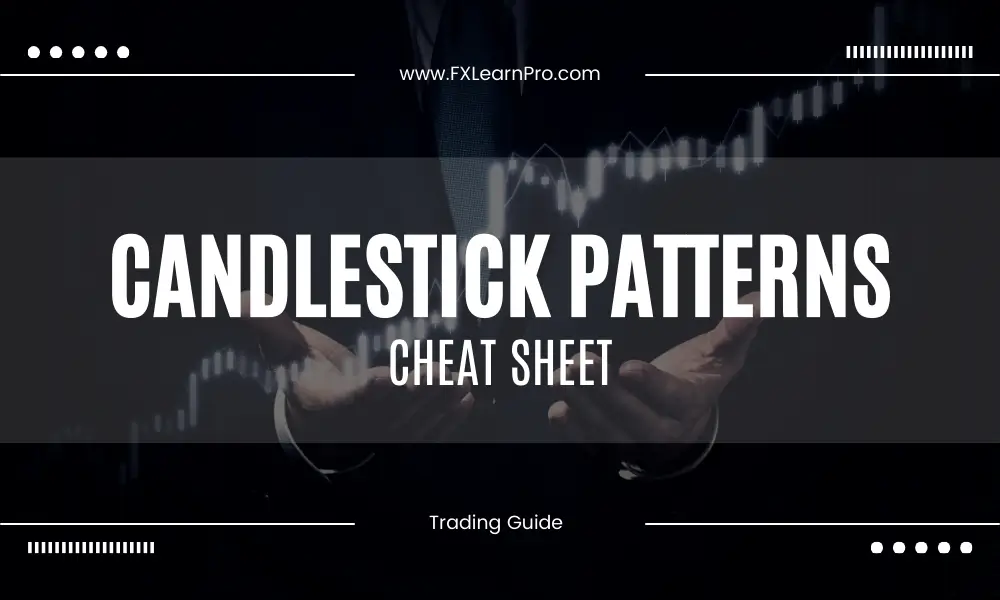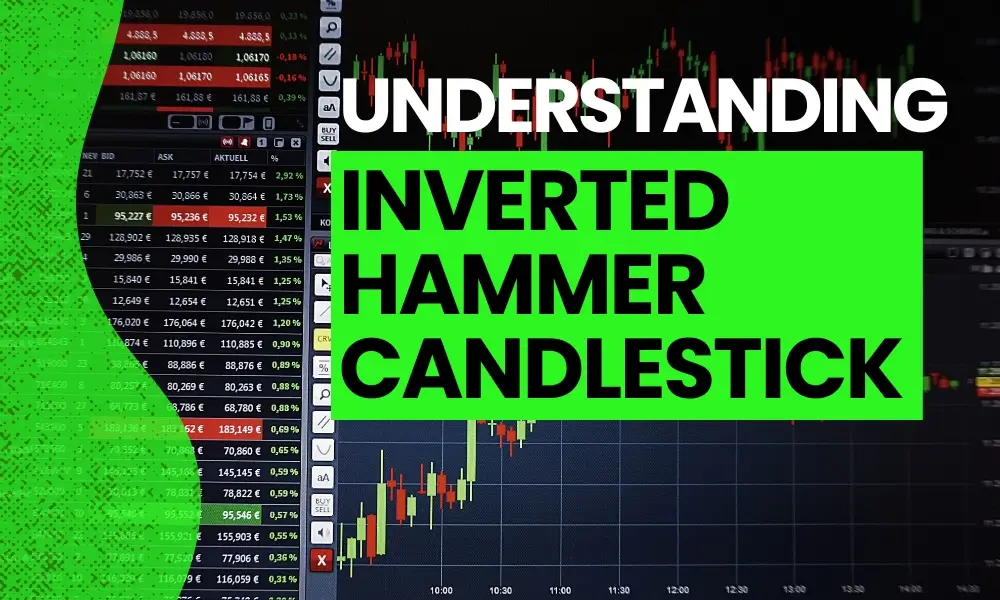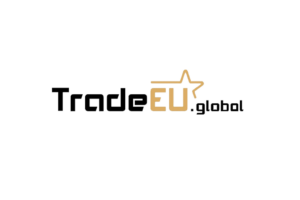Financial markets have various trading markets that are massive and have high volatility with many different features making the trade fun. We have always heard of the stock market, forex market, commodity market, precious metals, and many other trading fields. With all these markets, traders can have the facility of derivatives such as CFDs, ETFs, options, and forward and futures contracts.
But, only experts or traders who have been in the trading for quite some time know that traders can use other ways of trading or invest in the financial trade.
These are a unique manner of trading in the markets and having high market profits. The trade-in CFDs is based on the difference of contract made; the ETFs are like the bonds yet different, options contract is trading with call and put while the forward and futures contracts allow traders to trade on a future date.
In the article, we’ll be exploring the futures contracts and will have futures contracts explained in detail for an understanding of the readers. So, let’s begin.
Defining Futures Contracts
Trading in financial markets has made traders come across various ways of trading in the market. Futures contracts trading is a different style that allows the parties of the trade to buy and sell the securities. The contract involves two parties that buy and sell the commodity or security on a predetermined date and time. Both the parties of the contract agree to trade the particular security with the defined terms.
As the delivery of the security is made on a future date, the contract traders call it the delivery date.
The contract has a buyer who holds the security or commodity future and is known for holding the long position. While the seller of the futures contract has a short market position calling them short.
A futures contract is a binding contract where traders or parties of the contract have to execute it on the defined date and time. They cannot have a range of dates as the forward contract. This is the difference between these two derivative contracts of the financial markets.
Understanding Futures Contracts
Futures contracts are trading styles where traders of the contract can buy and sell the securities with fixed prices and time of the trade. The trade-in such contracts can result in benefits for either of the two parties of the futures agreement. In addition, the underlying asset or security of the contract could be from the commodity, stock, currencies, interest rate, and bonds.
The contract is held at a reputed stock exchange, which acts as the mediator or facilitator between the parties of the trade.
Buying futures contracts is the same as trading in the stock market. Traders buy the security from the market but do not have immediate delivery of it and decide future date and time with the certain price of the security.
The futures market requires the parties to put a nominal amount called the margin amount as part of the futures contracts. This is taken to settle the difference in price that occurs on a daily basis due to market volatility. When the margin is used up, the contractor replenishes the margin back, which is termed as the marking to market.
This closes the difference in price, and on the date of the trade, only the spot price or the delivery price is used as other prices have been managed.
Futures contracts are used by traders to hedge against the market risks or speculate on the prices in the market. Hence, the contract has several trading advantages for the traders.
The financial instrument of the market thus, allows the traders to offset or assume their risk of the price change of an asset over time. In addition, the futures contract facilitates the trade with a futures exchange, which is another factor that distinguishes it from the forward contract.
Standardized Contract
A standardized contract that specifies the commodities’ quality, quantity, delivery time, and date. The specification remains the same for the participants of the trade, and they can easily transfer the ownership of the contract to other parties by trading. The only variable factor of the contract is the price of the asset. It is analyzed by using the bidding and offering, which is called quoting of the price until the trade takes place.
Exchange-Traded Contract
Futures contracts are exchange-traded contract that allows the traders to have the guarantee of the contract being honored. Moreover, this will eliminate the counterparty risk. The contracts are centrally cleared, which means that when traders buy and sell, the exchange becomes the buyer for the sellers and the seller for the buyers of the contract.
Thus, the traders of futures contracts have anonymity in the trade, they can enter and exit the market easily, and this makes it liquid and optimal for price discovery in the market.
Buying Futures contracts
To buy a futures contract, traders have to open a trading account with a trustworthy and regulated broker such as PrimeFin. It is necessary as the brokers have advanced tools and services that make the trade smooth and help in finding better market opportunities. With a trading account, traders can easily find the instruments to trade, and the other requirement is funding, as, without money, traders cannot buy.
When a trader buys a futures contract, let’s say commodity futures trading. So, here when the trader goes for the cash segment, the buyer pays the entire amount of the purchased commodity. This is necessary to exchange or clear the trade; the payment is the margin that reduces the risk of exchange and maintains the market integrity.
Once the commodity trader has all the above requisites, they can buy the commodity futures and have a smooth commodity futures trading.
Traders have to place a futures contract order with their broker with specific details of the contract. This includes the scrip, expiry month, size of the contract, date, market price, and other necessities. Then the trader hands over the margin amount to the broker, and the broker facilitates the exchange further.
The exchange will give a seller to the buyer and buyer to the seller of the commodity in the market, and trade is executed.
Selling Futures Contracts
Trading futures contracts do not have immediate buying and selling of the assets traded. When the contract expires, then the settlement of the contract takes place. However, some traders can also go for settling before the expiry date, depending on their trading style.
On the expiry date, traders purchase the contract and then wait for the expiry date. After that, the exchange calculates the difference in the price of the asset on the date. Lastly, the amount gets credited to the account or deducts the loss from the margin deposited earlier.
When the trade is before expiry, then the process changes a bit. The trader purchases the contract and monitors the price of assets, and if found unsatisfied, they decide to exit the trade or market position. In such a case, they sell the contract or exchange and calculate the difference of amounts and credits/debits to the account.
So, in this way, the selling of futures contracts takes place in the market. Traders should decide the style of trading as per their instruments and market conditions.
Commodity Futures Trading
A commodity futures contract is the trade agreement of buying and selling at a predetermined price for the commodity. It has a specific price with a certain trading date in the future. The commodity futures market is the place where the trade takes place. Traders can use the commodity futures to hedge or prevent an investment position already held or to bet on the direction of the basic trading asset.
In the futures contracts, traders can hold an obligation of the act that benefits the commodity or other market traders. This is until the holder of the futures unwinds the agreement before its expiry date. They either buy or sell the underlying asset at the initial market price at the time of the trade.
Moreover, the commodity futures contract could be contrasted with the spot commodities trading.
How does the Commodity Futures Market Work?
The commodity futures contracts of the commodity futures market are close netted at their expiration date. It has the price difference between the original trade and the closing trade being cash-settled. Traders use the commodities in futures to hold a position in the underlying asset; the assets typically include:
- Crude oil
- Natural gas
- Gold
- Silver
- Corn
- Wheat
In the market, commodity futures contracts are called by their expiration month. For example, a commodity futures contract ending in the month of January would be a January futures contract. In addition, the commodities can have significant price volatility. Thus, there is a potential gain or loss for the traders.
Other than this, traders can also speculate in the commodity futures market. Traders can speculate to make directional price bets on the commodities price. They can take market positions in the direction they find suitable; that is, they can go long or short.
The commodity futures contracts have high leverage; as a result, the traders need not put up the total amount of the contract. They can trade in a fraction of the amount with the broker handling the trading account. Although, the leverage can vary for the commodity and the offering of the broker.
However, the trade also has risks involved when a trader fails to close their existing market position; they can have unwanted commodities delivered to them. Therefore, the trading of commodities in future contracts requires experience. Moreover, the leverage is also risky as the trade goes wrong, then traders have to pay double. So, trading in commodity futures requires an understanding of the trade.
How Do Futures Contract Works?
Future definition finance is the derivative contract that obligates the parties to transact the assets at a set future price and date. Finance has always clarified the futures as contracts that traders can make for advantageous trade. But how this futures contract works is the question.
To understand the futures contracts, let’s take an example. Suppose a trader in Qatar plans to produce oil in a million barrels for the coming year, which will be available in the market in 12 months. The price of the oil is $80 per barrel. The oil producer produces the oil and plans to sell it at the current market price in the coming year.
However, the financial markets are volatile, and the price could fluctuate from its currency price. If it goes higher, the trader would prefer the lock-in price or if the trader feels that the $80 is a great price, then they can go for a lock-in guaranteed sale price by entering a futures agreement.
In the futures contract, a mathematical model is required for calculations of the future price. This incorporates the spot price, rate of return, maturity date, storage costs, dividends, and dividend yields.
At the time of the contract, the price of oil reaches $85 per barrel. So, the producer will enter the contract and deliver one barrel of oil and receive the $85 million. Here, the $85 per barrel is given to the producer regardless of the spot market price at that time.
Conclusion
Future trading meaning is to trade on a future date with a specific date and price of the instrument in the market. Traders can trade in the market with this financial instrument for profitable trade and earn good market profits. The article has described the term futures contracts and its aspect for wider knowledge of financial trading.
Traders, however, should be experts and have a good market understanding for executing a profitable futures contract, be it in any financial market. They can also go for the right brokers (like InvestFW, InvestBy, Capitalix and etc.) in the market for support and execution of the trade as brokers help in exchange for the trade.

